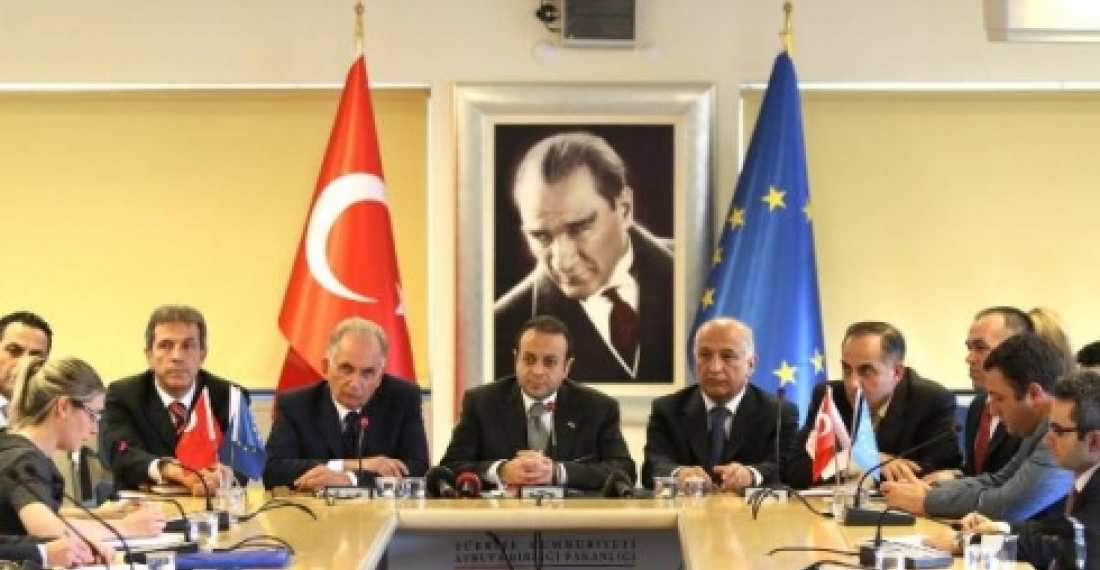The relations between Turkey and the European Union are at the best of times complicated. Turkey's accession process to the European Union has already been a long and difficult journey, leaving both sides at times frustrated and dissappointed.
This week, despite the many problems that continue to beset Turkey-EU relations , the two sides put aside differences and put solidarity at the heart of their relationship.
The reason was the VAN earthquake and the need for urgent EU response to address the humanitarian problems that arose. In a simple ceremony at the Ministry for European Affairs in Ankara, Turkey's European Affairs Minister, Egemen Bagis, and the Head of the EU Delegation to Turkey, Ambassador Marc Pierini signed an agreement that provides for EU assistance to Turkey for the victims of the Van earthquake, through the Turkish Red Crescent Society. Both sides referred to the moment as the opening of a new Chapter in their relations - the Chapter on solidarity.
Minister Bagis said that the EU had used every means to share the sorrow of the Turkish nation and to meet the sheltering needs of the earthquake survivors in Van. "Today, we have gathered for a very meaningful occasion. We are opening the chapter on solidarity with the EU, which is perhaps the most important chapter of the negotiations"
Bagis stated that as well as the material value of the aid, its moral value was also very important. He added: "Turkish nation never forgets the favours done".
Speaking about the Van earhtquake which he described as a huge tragedy, Ambassador Pierini said that Turkey had put up an impressive rescue and humanitarian operation, both from the side of the authorities and from the civil society. The EU had responded within hours with support, which included tents for 35,000, financial support to construct 6000 temporary housing units and satellite pictures to help rescure and reconstruction. Ambassador Pierini said that "As the Minister just said, today we have opened the solidarity chapter between the EU and Turkey. This is perhaps the most natural and legitimate chapter between us".
The EU support for the victims of the Van earthquake is a part of an impressive international effort, which, among other things, has seen the deployment of Armenian and Azerbaijani rescue teams engaged in the humanitarian effort.
source: commonspace.eu with "Egemen Bagis Gundem/Agenda" and the Press Service of the EU delegation to Turkey
photo: The signing ceremony at the Ministry of European Affairs on 31 October 2011 (Picture courtesy of "Egemen Bagis Gundem/The Agenda")







